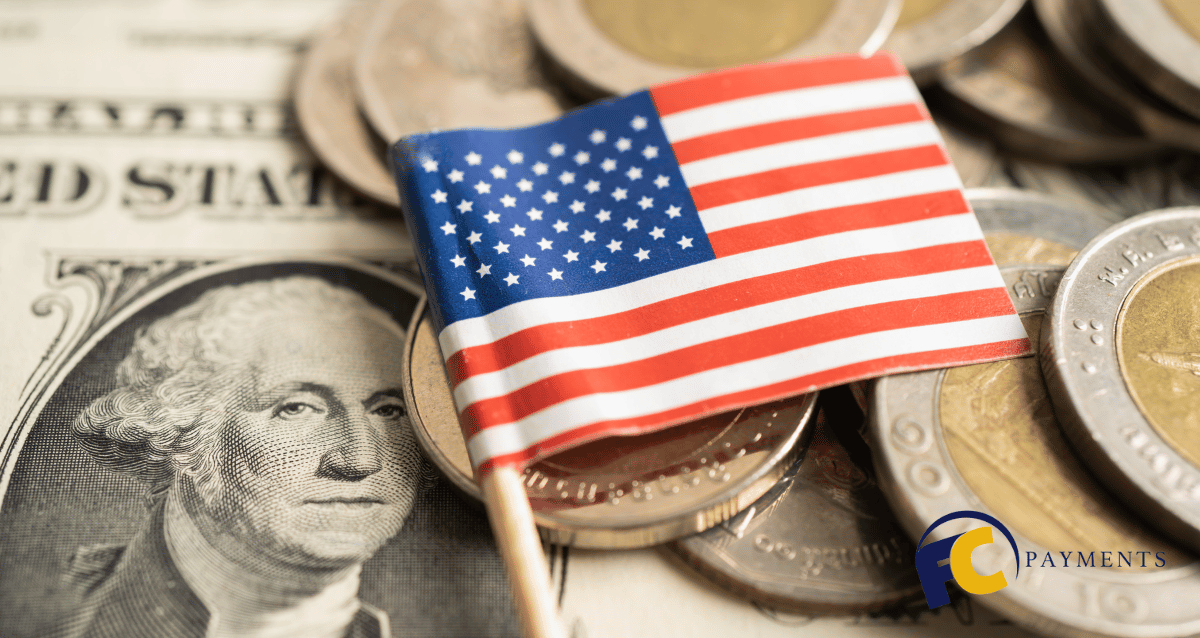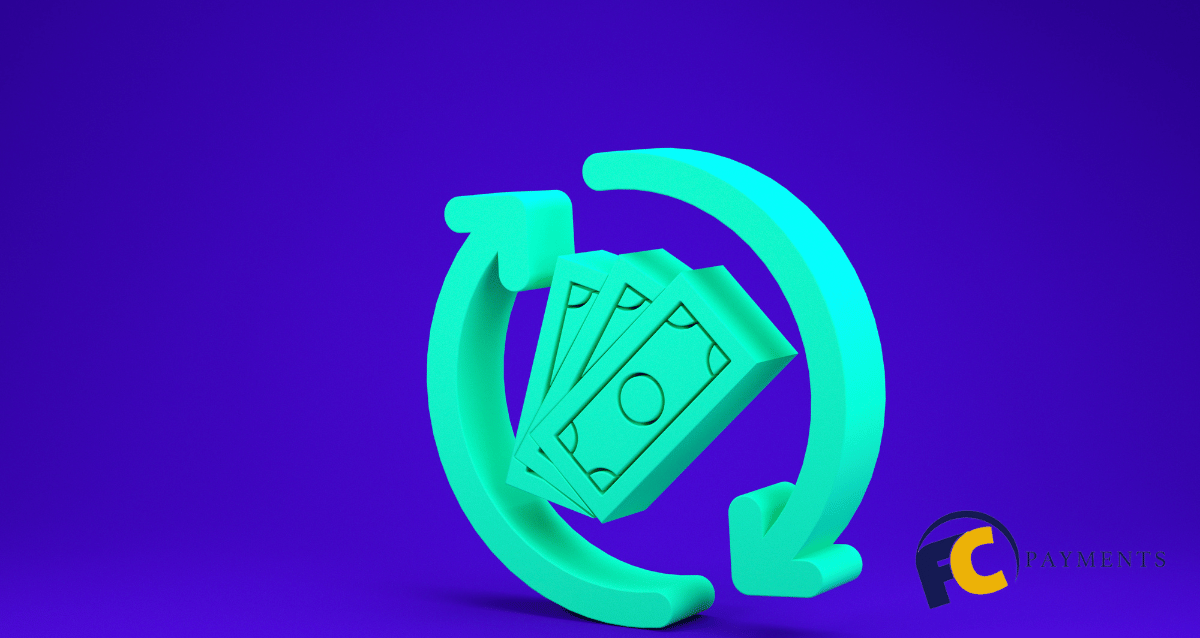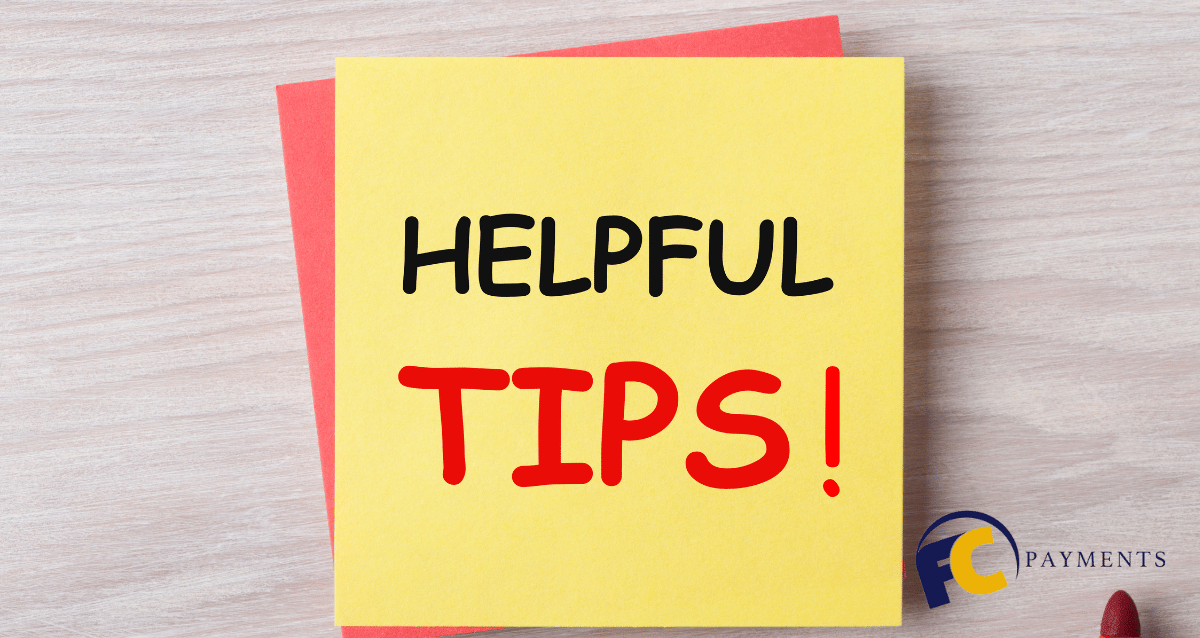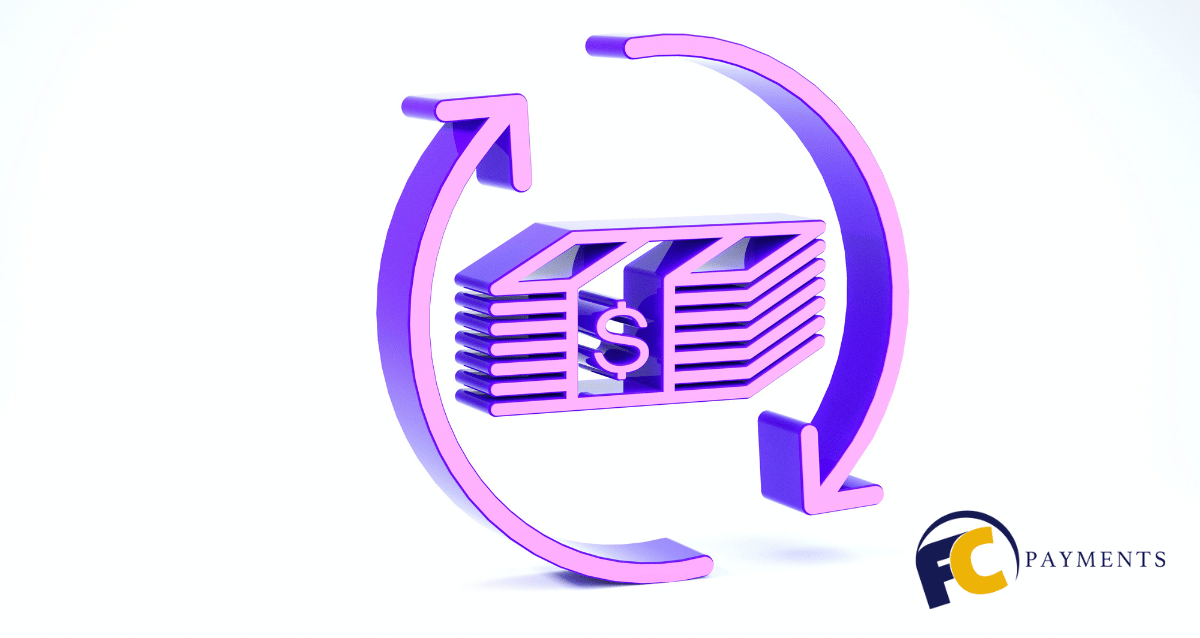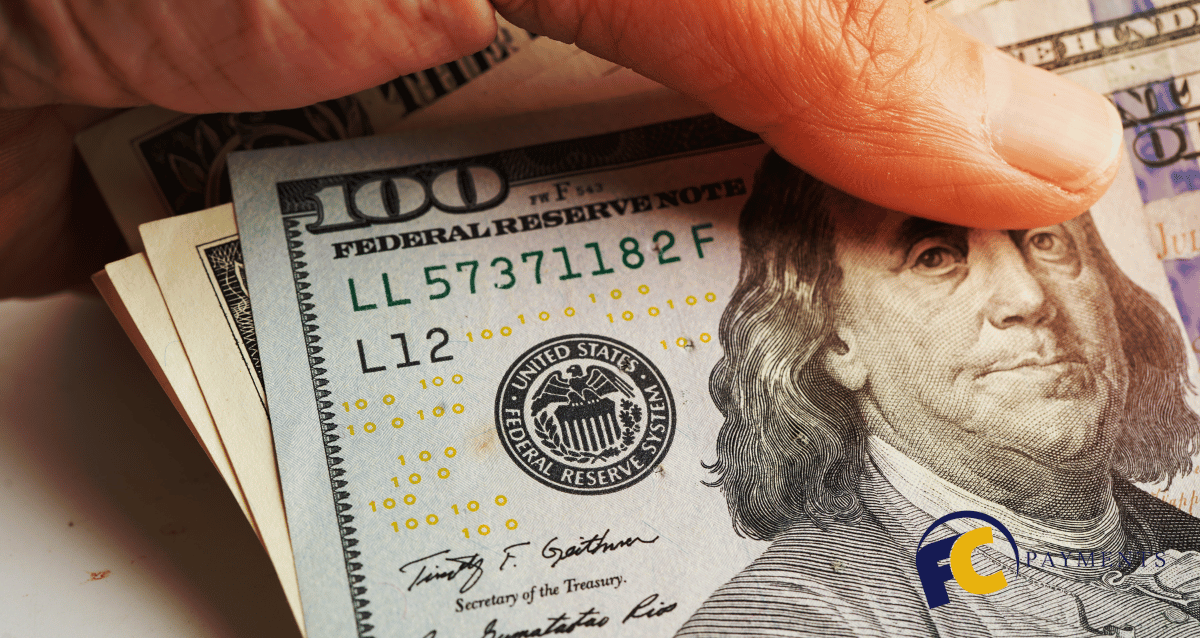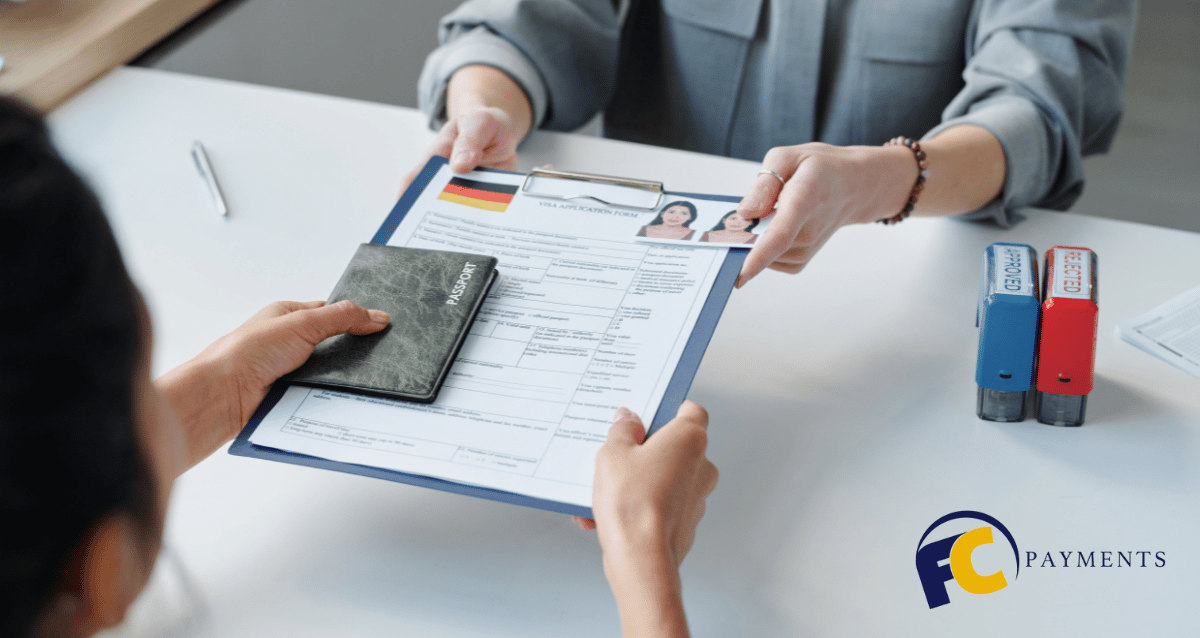
A Quick Guide for Handling Bank of America Chargebacks & Disputes
Navigating the complex world of Bank of America’s return item chargebacks and disputes as a merchant or customer can be challenging. Buckle up! Here’s a guide that provides invaluable advice for protecting your financial relationship with the bank. It gives practical tips to help you effectively handle any type of dispute or chargeback while maintaining your interests.
Key Takeaways
- Return Item Chargebacks protect customers from fraudulent purchases and can have a financial impact on merchants.
- Merchants should implement clear return policies, accurate billing practices, and effective customer communication to minimize chargebacks.
- Bank of America encourages customers to contact the merchant first before disputing charges with evidence within 60 days for Visa chargebacks or 45 days for Mastercard in order to successfully fight chargeback fees.
Return Item Chargeback: What You Need to Know
Return Item Chargebacks are a measure to ensure customer protection from fraudulent purchases and streamline the American chargeback process, including Bank of America’s. Customers should contact merchants first in order to resolve any issues before filing disputes through the dispute system. When these situations occur, it can lead to decreased revenues for the merchant as well as associated fees like chargeback charges that affect customers’ accounts.
Understanding how this procedure functions is imperative for businesses so they don’t experience losses and maintain a strong financial association with Bank of America. Unapproved transactions or vendors not fulfilling their side could result in temporary credits being granted into a consumer’s account, which usually prompts Return Item Chargebacks.
It is necessary, then, for merchants to understand all aspects of conducting business involving Return Item Chargebacks – such as potential fee structures – both minimizing harm done by fraudulent activity while maintaining an excellent relationship with one’s bank institution like Bank of America.
Reasons for Return Item Chargebacks
By implementing specific return policies, keeping billing practices up-to-date, and providing effective customer communication, Bank of America merchants can minimize Return Item Chargebacks. Merchants may also challenge any invalid chargeback disputes through representation to contest bank charges. Persistent merchant abuse could lead to increased fees or account termination in accordance with their agreement with the bank.
Impact on Merchants
The Bank of America reviews any data presented by a merchant in cases involving chargebacks and then comes to the conclusion if it should be reversed or remain. It can lead to losses for merchants, such as fees related to the chargeback process being withdrawn from their accounts, and detrimental implications on one’s credit card statement along with reputation damage at acquiring banks like Bank of America.
Bank of America’s Approach to Return Item Chargebacks
Bank of America encourages its customers to first get in touch with the merchants and gives them a chance to prove their case through adequate documentation. This helps protect clients while also aiding traders in avoiding needless chargebacks and sustaining an effective financial relationship with the bank.
Both buyers and sellers should be aware of, as well as follow Bank of America’s regulations for a smooth transaction process that is reasonable on all parties involved.
Return Item Chargeback Bank of America Process Overview
When a customer starts the chargeback procedure with Bank of America, they are encouraged to reach out to the merchant and try and settle it prior to lodging their dispute. In case this fails, filing for a chargeback is then an option. While Visa’s card network decides within 30 days, Mastercard takes up to 45 to issue theirs.
Throughout the whole process, merchants have chances where they may offer proof as part of opposing proceedings, whereby Bank of America reviews the evidence of the disputed charge before deciding whether or not to reverse or uphold the particular challenge that had been made by customers. If approved by them on its behalf, any cost incurred will be taken away from funds along with added fees onto accounts related only to said retailers linked therewith.
Bank of America Chargeback Fees
When launching a chargeback, merchants must pay the Bank of America chargeback fee. This is expected by the bank, and fees range from $25 to $50 as compensation for operational costs related to disputing charges. These fees act as an incentive to encourage merchants to issue refunds when there are valid complaints and customer disputes made against them.
Time Limits and Deadlines for Return Item Chargebacks
Deadlines are extremely important for chargeback procedures involving both customers and merchants. By being aware of them, a better outcome can be attained from the dispute resolution process.
Bank of America has set its own deadline at 60 days to raise any concerns about a transaction, while Visa’s time limit for merchant responses is 30 days. Mastercard takes 45. Knowing these details will help all involved parties manage their expectations effectively during the chargeback situation with banks, online banking, or card networks.
Customer Deadlines
Customers of Bank of America have the right to challenge any transaction they are unhappy with up until 60 days after it has occurred. Prompt action is needed so that banks may address and investigate such disputes efficiently and result in a favorable outcome for the customer involved. Customers should ensure they initiate this dispute process swiftly to maximize their chances for success when disputing a transaction through BOA.
Merchant Response Deadlines
The card networks set timeframes for merchants to respond to chargebacks within. As we mentioned, for Visa they need 30 days, and Mastercard requires 45. Not complying with these deadlines may cause more charges or losing the dispute altogether. Chargeback answers to the dispute charges must be prompt in order for it to succeed so that all the relevant facts are accounted for when presented on behalf of the merchant.
Tips for Preventing Return Item Chargebacks
In order to maintain a strong connection with their bank and consumers, merchants need to avoid that someone decides to file chargebacks. A successful way of achieving this is through formulating clear return policies, accurate billing practices, as well as consistent communication with customers, which all help reduce the likelihood of receiving chargebacks while ensuring an enhanced consumer experience.
Clear Return Policies
A return policy that is explicit, legible, and easy to grasp provides many benefits – from building customer confidence and increasing sales all the way through to improving satisfaction amongst customers as well as discouraging false returns. It can also provide beneficial data which may be used for analysis and help avoid chargebacks.
Accurate Billing Practices
Merchants should take extra steps to prevent chargebacks, such as verifying invoice and receipt accuracy before processing. This also means providing comprehensive transaction descriptions, which include the date of purchase, the amount paid, and what exactly was bought or why it occurred. To ensure that these details are accurate, merchants need to add relevant data regarding the item purchased in each transaction description (date purchased/transaction made, exact sum involved, purpose) and other relevant account information.
Customer Communication
Effective and prompt communication with customers is essential to address problems early on so chargebacks can be avoided. To ensure customer satisfaction and make this happen, you should respond promptly to any inquiry from a client, give clear and accurate information, and use the feedback they provide for the betterment of the services.
Fighting Return Item Chargebacks as a Merchant
In order to protect their business, merchants should look into the advantages of challenging chargebacks. The strategies they use for this may increase the chances that Bank of America will accept them and maintain a successful financial connection with them. This is highly recommended as a risk assessment to prevent chargeback situations from occurring altogether.
Benefits of Fighting Chargebacks
Fighting chargebacks is essential to both preserving and strengthening a merchant’s reputation, as well as gaining back lost revenue. Contesting these can help merchants maintain their ratio of chargeback transactions without the added expense that often comes with them, providing an advantage in the marketplace. It helps businesses safeguard against any future fraudulent activity and keep up-to-date on market trends.
Strategies for Success
In order to successfully dispute chargebacks and guard their company, merchants need to furnish convincing evidence as well as follow Bank of America’s procedures and deadlines. Submitting robust proof of the disputed transaction in accordance with the bank’s rules will give them the best chance of winning a chargeback case.
Navigating Bank of America’s Dispute Resolution Process as a Customer
To ensure successful resolution of an issue with their account, customers should become familiarized with the dispute process at Bank of America. It is important to contact them directly as soon as possible and provide any relevant supporting documents needed. By understanding this procedure, people can be better equipped to tackle conflicts in a fair manner without hassle or confusion along the way. You can also rely on companies such as First Card Payments for help with situations like these related to a merchant’s account.
Initiating a Dispute
If customers of Bank of America have any issues with a transaction, they can dispute it by accessing their account online or through telephone contact. The bank advises that the customer should first attempt to solve the problem directly with the merchant before starting a dispute process in order to avoid having to file for one. This is an important step as resolution may be achieved without needing Action from either party involved -the client and bank alike.
Providing Supporting Documents
When submitting a dispute to Bank of America, customers should provide solid evidence in order to support their claim. Such types of documents could be photos, screenshots that show discrepancies in statements, emails exchanged with the bank or any other institution related to this case, receipts, and invoices that prove transactions occurred. These pieces are vital for building an argument in favor of what is being claimed by the customer.
By attaching appropriate proof when disputing with BOA (Bank Of America), there’s a greater chance of having more favorable results from it.
First Card Payments: Support in Case of Illegitimate Chargebacks
First Card Payments provides support in the event of illegitimate chargebacks. A chargeback is a return of funds to a customer, initiated by the issuing bank of the instrument used by a consumer to settle a debt. Essentially, it’s a protection for consumers against unauthorized transactions, and high-risk merchants are prone to illegitimate chargebacks that can affect their business.
Illegitimate chargebacks, also known as friendly fraud, occur when a consumer makes an online shopping purchase with their own credit card and then requests a chargeback from the issuing bank after receiving the purchased goods or services. In such cases, First Card Payments steps in to provide support and assistance in dealing with these fraudulent chargebacks, ensuring that businesses are not unfairly impacted. Their services are crucial in maintaining trust and integrity in online transactions.
Full Summary
In the end, having a comprehensive understanding of Bank of America’s dispute process and chargebacks is imperative for both customers and merchants. By utilizing the strategies highlighted in this guide, everyone involved can tackle disputes with ease while safeguarding their interests and financial well-being at all times. Prevention certainly beats treatment any day, but when it comes to fighting chargeback situations, don’t hesitate to be proactive; your bank will thank you!
Frequently Asked Questions
Are returns considered chargebacks?
A refund is a reimbursement of the money from the merchant to the customer’s account, whereas chargebacks bring extra charges for merchants and may lead to severe consequences. If no authorization response is obtained, then payment reversal occurs, while chargebacks require that the card issuer credits back into customers’ accounts. Consequently, returns are not deemed as chargebacks.
Can a return item chargeback be reversed?
If the merchant is successful in contesting a chargeback on an item they returned, then their bank will be able to restore those funds. This process of reversing such a claim can occur if the merchant refutes it successfully. The key elements involved are the financial institution and retailer – both having equal chances to gain or lose.
Do you have to return goods for a chargeback?
A chargeback does not involve the merchant receiving a returned purchase. Instead, they are faced with an extra fee without any goods being sent back. As opposed to this situation, when products need to be refunded, it necessitates their return in exchange for payment from the merchant.
Does a chargeback hurt the seller?
Chargebacks can be costly and damaging for merchants, resulting in lost revenue and fees, penalties, and potential fines from payment processors and card networks.
These costs can add up quickly and significantly impact the merchant’s bottom line.
Does Bank of America allow chargebacks?
For transactions appearing on their statement or receipt, Bank of America allows customers to submit a credit card dispute within 60 days, and the fee for doing so can range from $25 to $50. Chargebacks are an effective way of securing oneself against unwanted fraudulent activity as well as dissatisfaction with purchases made, making it easy for people to file complaints directly through their bank.
My interest in the financial world started to blossom in High School. However, my parents tell me I use to watch financial programs before the age of 5. So, I guess I was born with the Financial bug. In high school I was accepted into their Finance Academy, which I attended for 4 years. In addition to graduating high school, I accumulated a substantial amount of financial knowledge few people experience at such a young age. During which time, I won the State of Florida Stock Market Contest and I also finished in the top 100 in the CNBC stock market contest which had over 1 million participants throughout the country (including some of Wall Street’s elites) with a take home prize of $1 million. These achievements allowed me to be invited to many shows and events with top people in their fields of business from around the world.
No Comments
Sorry, the comment form is closed at this time.


